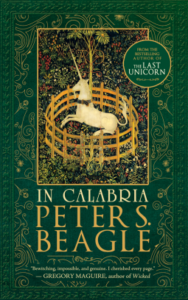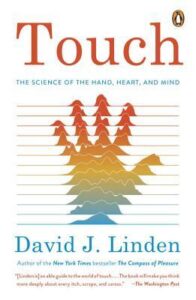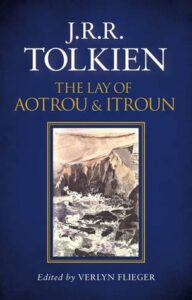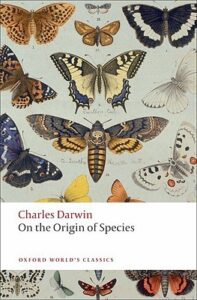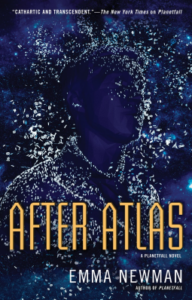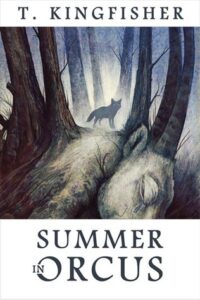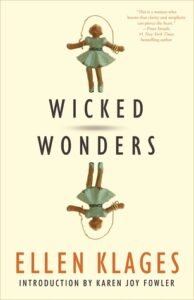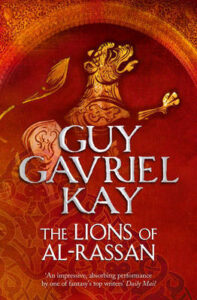 The Lions of Al-Rassan, Guy Gavriel Kay
The Lions of Al-Rassan, Guy Gavriel Kay
Guy Gavriel Kay’s books are almost always worth a second read, and The Lions of Al-Rassan is no exception. (Sorry, but Ysabel remains the outlier. I’m sure somebody likes that one, but not me.) The Lions of Al-Rassan is based on the reconquest of the Iberian Peninsula, with all the clashes between religions you’d expect. The Jaddites are pretty plainly Christians, the Kindath are Jewish, and the Asharites are Muslims — more or less. There are some variations.
As you’d expect from Guy Gavriel Kay, nothing is that simple. It’s not just about the clash of cultures, but what they can give to each other and how, perhaps, they could live alongside each other… except of course for the folly of humans, which means it never works out for long. But while nothing works on the grand level, the various characters find ways to learn from each other and live with each other on the individual level — and therein lies the tragedy, as their loyalties conflict and they are ultimately and unwillingly forced to choose.
I love all three of the main characters, and many of the side characters too. Jehane is particularly awesome, especially the fact that she’s not just a serious female physician with dignity to stand upon. She’s also funny, daring, sexual, warm… and self-controlled to her own detriment. Then there’s Ammar, who loves his country despite his faults, who will not abandon his people despite everything — and who also finds room to love those outside his experience. And Rodrigo, so faithful to his wife, to his king…
And then, of course, there are characters like Miranda, and her determined defence of her home and family — and of her right not to be jerked around by her spouse, who honestly better watch himself.
And then… As my wife just said: “Imagine the most loving meat-grinder, and then put all your emotions into it.” That’s pretty much this book.
It’s beautiful and painful and if you get emotionally involved with it, you will be ripped to shreds. And you’ll like it. Sort of.


